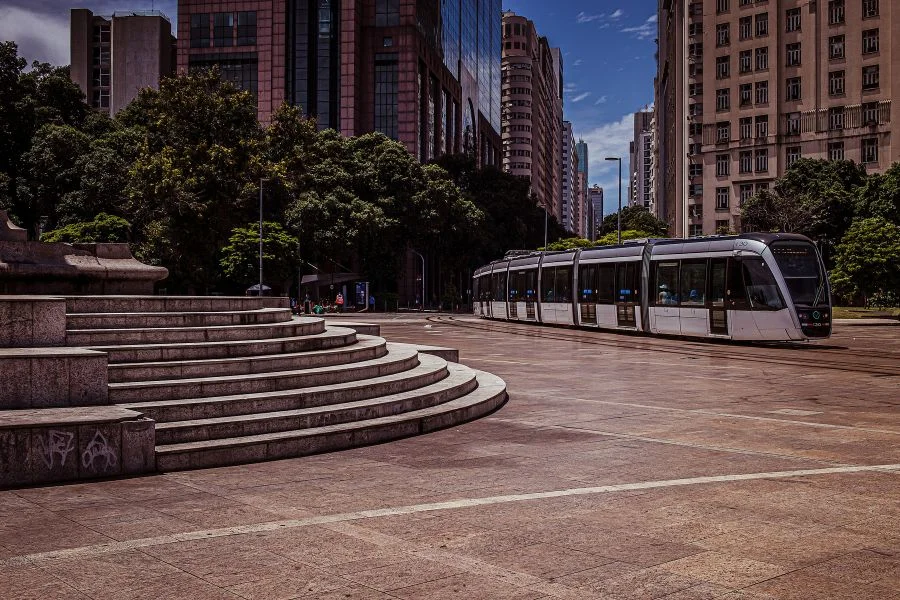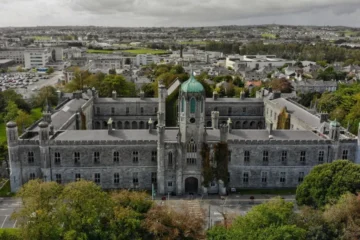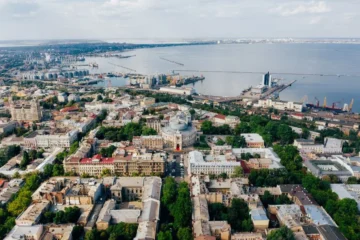Brazil, the largest country in South America, has long been a magnet for professionals drawn to its diverse economy, tropical lifestyle, and open immigration policies. Many foreign workers arrive on temporary work visas but soon wonder whether they can turn that opportunity into a permanent stay.
The good news is yes, Brazil now allows foreign professionals to move from a temporary work visa to permanent residency through a structured, flexible system. The transition is neither automatic nor overly restrictive, but it does require legal continuity, compliance with employment laws, and, in some cases, employer support. Let’s explore how the work-to-residency pathway functions in Brazil and what it takes to secure a long-term future there.
Key Takeaways
How Brazil’s Work and Residency System Operates
Brazil’s immigration framework is managed by the National Immigration Council (CNIg) and the Federal Police, both under the Ministry of Justice. Work visas are issued for foreigners employed or providing services in the country, and they typically serve as the starting point for longer residence.
Find Out If Your Brazil Work Visa Can Lead to Permanent Residency?
We connect you with trusted immigration experts who simplify the entire process — from paperwork to approval.
There are two main classes of residence status in Brazil: temporary and permanent. A work visa usually leads to temporary residence, allowing the individual to live and work in the country for one or two years, renewable based on continued employment. After a period of lawful residence and meeting specific criteria, individuals may apply for permanent residency, which grants an indefinite stay and most of the rights enjoyed by Brazilian citizens, except voting and public office eligibility.
Brazil’s policy philosophy is inclusive as the country aims to attract skilled professionals and investors to strengthen its workforce. As a result, the transition from temporary work status to permanent residence is well-defined, especially for those with consistent employment and integration into Brazilian society.
The Major Work Visa Categories in Brazil
Brazil offers several types of work visas depending on the nature of employment. The most common are:
- VITEM V (Temporary Work Visa): The standard visa for foreign employees contracted by a Brazilian company.
- VITEM IX (Technical Assistance Visa): Granted to professionals sent by foreign companies to provide technical support or training in Brazil.
- VITEM II (Business Visa): For short-term professional visits or negotiations, not for paid employment.
- Permanent Work Visa (VIPER): For individuals with specialized skills, senior executive roles, or investors contributing to the Brazilian economy.
Also Read: How to Get Permanent Residency in the Philippines Through a Work Visa?
Each visa category carries specific requirements and durations, but the VITEM V is the usual entry point for most foreign workers who later pursue permanent residency.
Eligibility for a Brazilian Work Visa
To qualify for a Brazilian work visa, applicants need a valid job offer from a registered company in Brazil. The employer must apply to the Ministry of Labour and Employment for authorization, providing details about the employment contract, qualifications, and salary. The process is designed to ensure that foreign hires meet professional and legal standards, but it is not as restrictive as in many developed economies.
Common eligibility requirements include:
- Proof of academic qualifications or professional experience relevant to the job.
- Employment contract compliant with Brazilian labour laws.
- Minimum salary thresholds based on professional category.
- Police clearance certificate and medical examination.
Once the work authorization is approved, the applicant applies for the visa at a Brazilian consulate abroad, enters Brazil, and registers with the Federal Police to obtain the residence card (Carteira de Registro Nacional Migratório – CRNM).

How to Transition from a Work Visa to Permanent Residency
The path from a temporary work visa to permanent residency in Brazil is direct but conditional. The general rule is that after four years of continuous lawful residence under a work visa, an individual becomes eligible to apply for permanent residency. This period can be shortened to two years for certain highly skilled professionals or those married to a Brazilian citizen or permanent resident.
The process typically unfolds as follows:
- Hold a valid work visa and maintain continuous residence in Brazil.
- Renew the visa as needed and ensure the CRNM card remains valid.
- After the qualifying period, submit a change of status request from temporary to permanent at the Federal Police.
- Provide supporting documents such as proof of residence, employment records, income statements, and a clean criminal record.
Applicants who have invested in a Brazilian business or hold senior managerial positions may apply directly for a permanent visa under the investment or executive residence categories, bypassing the multi-year waiting period altogether.
Also Read: How Can You Get Selected for the 2025 IV Fellowship at TIFA?
Required Documents and Application Process
When applying for permanent residency, the applicant must submit several key documents, typically including:
- Valid passport and CRNM card.
- Employment contract or proof of continuous professional activity.
- Tax declarations and payslips confirming stable income.
- Proof of residence, such as rental agreements or utility bills.
- Recent criminal background checks from Brazil and the home country.
- Medical certificate attesting to good health.
Applications are filed with the Federal Police, which forwards the case to the Ministry of Justice for review. Processing times vary by region, but most cases are finalized within six to twelve months if documents are complete and the applicant maintains legal status during review.
Timeframes and Key Considerations
Foreign workers must demonstrate continuous residence, meaning they cannot remain outside Brazil for more than two consecutive years during the temporary residence period. Interruptions or overstays can reset the qualifying clock. It’s also important to maintain consistent tax filings and social security contributions, as these demonstrate integration and financial stability.

One advantage of Brazil’s system is its flexibility. Authorities may consider total residence time under different visa categories, so long as the applicant’s stay was legal and uninterrupted. Additionally, family members of the principal visa holder often qualify for dependent residence and can later obtain permanent status under family reunification rules.
Common Challenges and Mistakes
Many applicants underestimate the importance of maintaining updated documentation. Delays in renewing residence cards, expired work authorizations, or unpaid taxes can all derail a permanent residency application. Another common issue is inadequate proof of continuous residence, especially for those who travel frequently for work.
Additionally, while Portuguese language proficiency is not a strict requirement for permanent residency, it greatly improves the applicant’s chances of approval and helps with integration assessments. Finally, relying on informal employment arrangements or failing to register with the Federal Police after visa issuance can create administrative complications that are difficult to fix later.
Benefits of Permanent Residency in Brazil
Obtaining permanent residency in Brazil brings broad advantages. Permanent residents enjoy unrestricted access to the Brazilian labour market, the right to live indefinitely in the country, and equal treatment under labour and social laws. They can buy property, open businesses, and enroll in public education or healthcare systems. Family members also gain dependent rights and can work or study freely.
Also Read: Can You Get Permanent Residency in Vietnam Through a Work Visa?
For professionals seeking long-term stability in South America’s largest economy, permanent residency provides the freedom to plan careers, investments, and family life without the uncertainty of yearly visa renewals. It also paves the way toward naturalization after four years of permanent residency (or one year for those married to a Brazilian citizen), and an individual may apply for citizenship.
Conclusion: Is the Work-to-PR Route in Brazil Worth It?
For foreign professionals, the work visa is more than just a temporary permit as it’s the first step toward a lasting future in Brazil. The system balances accessibility with accountability, rewarding those who contribute to the local economy and integrate into Brazilian life. While bureaucracy and documentation can be demanding, the pathway is realistic, transparent, and well-established.
In short, yes, you can get permanent residency in Brazil through a work visa, and the process is among the most practical in Latin America. With stable employment, legal residence, and a bit of patience, your Brazilian work visa can indeed evolve into a permanent home.





